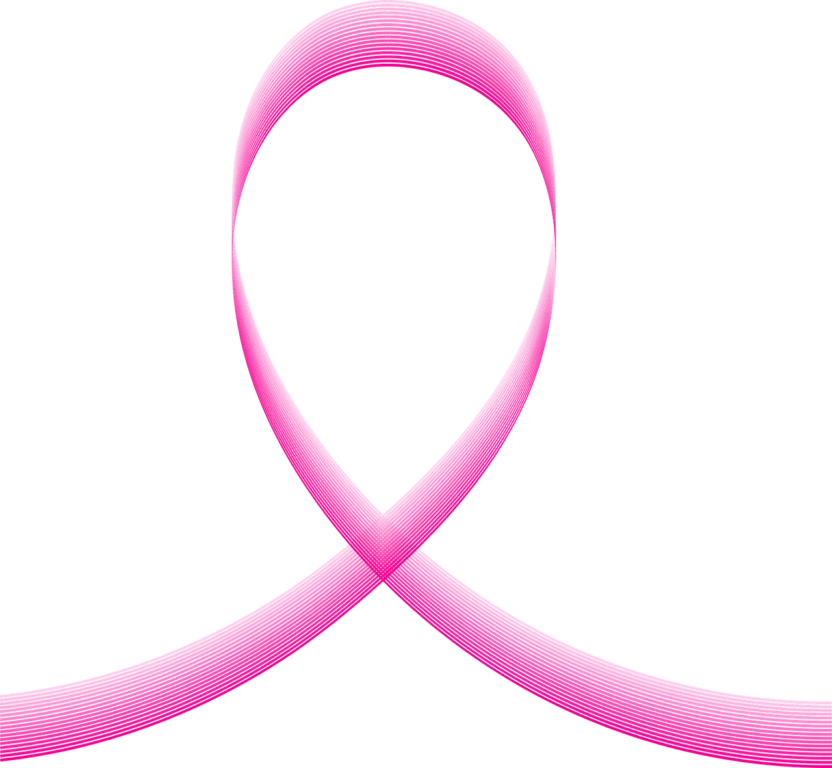According to a story from yahoo.com, actress Kathy Bates realized when she was fairly young that she was at an increased risk for breast cancer. This was because both her Aunt Lee and then her mother were both diagnosed with the disease. It was clear that breast cancer was ravaging the women in her family. From then on, Kathy braced herself for a breast cancer diagnosis. However, Kathy was surprised when she was instead diagnosed with ovarian cancer in 2003.
About Ovarian Cancer
Ovarian cancer can appear on or within the ovary. Ovarian cancer rarely causes distinctive symptoms in its early stages, so many patients are often diagnosed with advanced disease. The risk of getting ovarian cancer is connected to how long a woman has ovulated during her life; women who ovulate for longer periods are at greater risk. Late menopause or early puberty are risk factors, as are not having children, fertility medication, certain genetic variants and mutations (such as BRCA mutations), and exposure to talc, herbicides, and pesticides. Some symptoms of ovarian cancer include fatigue, bloating, a feeling of fullness, loss of appetite, indigestion, abdominal swelling, and pelvic pain. Treatment can include chemo, radiation, surgery, hormone therapy, and immunotherapy. There are many different kinds of ovarian cancer. Five year survival rate is 45 percent in the US. To learn more about ovarian cancer, click here.
Kathy’s Story
The fact that Kathy was diagnosed with ovarian cancer after her relatives had been diagnosed with breast cancer is indicative of one thing: that Kathy’s family carries a mutation of the BRCA gene, which drastically increases the risk of both breast and ovarian cancer. Kathy was fortunate that her cancer was only stage one. After a devastating nine cycles of chemotherapy, she was finally declared cancer free.
However, her struggle with cancer was not over. In 2012, she was diagnosed with breast cancer. She had to get the affected breast removed and Kathy says that her bout with breast cancer was worse overall than ovarian. Kathy faced constant pain that was only exacerbated by lymphedema, a condition of painful swelling that often appears as a complication of extensive cancer treatment.
Her experience has prompted Kathy to work with the Lymphatic Education and Research Network, which is committed to spreading awareness, support, and education to cancer survivors who are dealing with lymphedema, which affects an estimated 10 million Americans.







